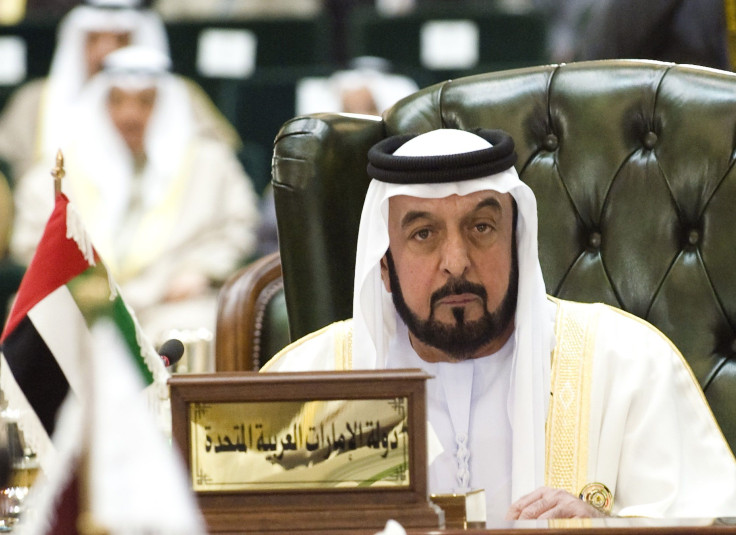New UAE Anti-Discrimination Law To Stifle Free Speech? Human Rights Organizations Fear The Worst

The United Arab Emirates has issued a broad law that criminalizes any act that was deemed to fuel discrimination based on religion, race or ethnic origin, media outlets reported Monday. Human rights organizations fear the new law will be used to stifle free speech rather than simply stamp out extremism and discrimination.
Under the new law, approved by the president of the federation of Gulf monarchies, Sheikh Khalifa bin Zayed al-Nahyan, offenders could face six months to 10 years in prison for encouraging discrimination, as well as committing acts “considered as insulting God, his prophets or apostles or holy books or houses of worship or graveyards.” The law will apply to all forms of media, including speech, writing and online postings.
The laws – if enforced – would constitute some of the strictest anti-discrimination laws in the region. The new legislation would prohibit referring to other religious groups or individuals as “infidels,” likely targeted against religious extremists who declare other Muslims not supportive of their goals as apostates.
Human rights groups expressed skepticism the law would actually be used to curb discrimination. "The concern is clearly that it will be used to further stifle speech under the guise of promoting tolerance," Nicholas McGeehan, Gulf researcher at Human Rights Watch, told the Middle East Eye. He further called the law part of “the UAE’s draconian assault on free expression.”
The UAE has repeatedly been criticized by human rights organizations for its poor human rights record. According to Human Rights Watch, the country exploits its affluence to mask its human rights violations. The human rights organization has accused the government of arbitrarily detaining individuals it perceives as posing a risk, and torturing detainees in pretrial detention. Additionally, the country has long been accused of persistent labor abuses and discrimination against foreign workers.
The new law came while Arab states struggled to curb the spread of extremism in their countries and as the Islamic State group based in Iraq and Syria continued to draw recruits from around the world. Earlier this month, the U.S. and the UAE jointly launched an anti-ISIS messaging center in Dubai, meant to counter ISIS propaganda on social media. The country, unlike Saudi Arabia and Kuwait, has not experienced any violence on its soil in recent years.
© Copyright IBTimes 2024. All rights reserved.












